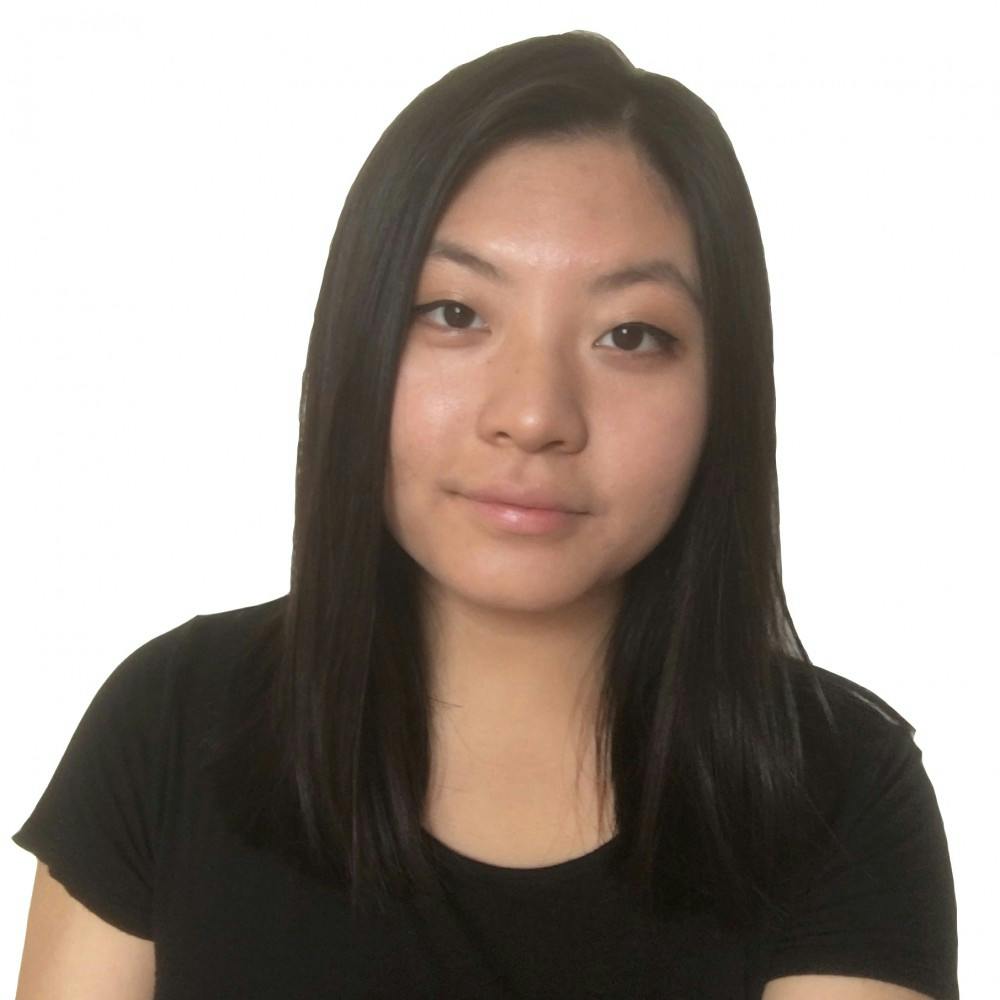My friend recently interviewed Bing Chen, an extremely successful 2009 College graduate and a person I look up to as almost a role model. As an Asian-American English major who landed a job at Google right after graduation and is now an influential media entrepreneur, he became the epitome of “making it” to me.
I listened to the entirety of the interview that she recorded for The Sign.al. As I was trying my best to absorb all his wisdom, there was one thing that stood out to me. He said that “doing anything creative is the most difficult task to undertake.” He said this was harder than anything, even harder than starting a new business or startup, something that he has attempted twice in his career thus far.
Every Penn student wants to become the perfect job applicant, and this often means maximizing the amount of “marketable” skills one can develop by minimizing time spent on creative projects. The way we undervalue art and humanistic endeavors has caused us to undervalue creativity itself. And when we undervalue creativity, we undervalue our future and our potential to solve the biggest issues that face our world today: using creativity means finding unique solutions to difficult problems, thinking in an unconventional way to get the job done.
Entrepreneurial and forward-thinking leaders in business in the United States have taken notice of this. Mark Cuban, billionaire software developer and owner of the Dallas Mavericks, said that “creative thinking” will be the number one job skill in the next ten years. In our increasingly technology-oriented world, more and more jobs will be automated in the next few years. With the real possibility of computers replacing human labor, we need creativity — liberal arts, the humanities, human thinking — to provide perspective and shape our world.
Traditionally, the focus of public education is memorization and spitting back facts. In general, the education curriculum in our schools feels so limited in scope that students who perhaps don’t learn in traditional ways feel as if they’re lacking or missing something. When our schools hold quantitative, numerical scores as representations of our intelligence, where is the room for out-of-the-box thinking?
In reality, learning a specific skill set or learning to memorize a course syllabus is not what will prepare us for the “real world.” Learning how to creatively and adaptively think about different problems is what will truly prepare students for anything they may encounter beyond school and college.
At Penn, we often feel that we must overload ourselves in our education, piling on dual degrees or amassing a wide range of technical classes that we think will secure us jobs in the future. While the pursuit of any sort of education is beneficial and important, we shouldn’t be afraid to stretch beyond our majors and resume-listed skills — we should take classes that expand our minds, our capacity to entertain new ideas and notions.
In a world where tangible, “hard” skills may be highly sought-after, the intangible qualities of a creative thinker are even more valuable than one may think. Though creativity is not a skill that can be explicitly conveyed on a black-and-white resume, it’s this kind of next-step thinking that will be crucial in finding success in an ever-changing workplace.
Creativity isn’t just for artists, writers, musicians, the “artsy” people of the world. It’s an applicable skill for anyone, regardless of what your study or future path is set in. If Penn offers us the opportunity for an “interdisciplinary” education, we can and should take advantage of all the possibilities that affords — we may just unlock hidden creative abilities that will propel us forward in the future.
To find success and push change in the modern world, creativity is a necessity that we cannot ignore. If the surge of technology indicates more jobs and livelihoods will be replaceable, we need human thinking and perspective more than ever. Now is the time to explore and push the limitations of what we think we know, to forge ahead in new paths we may otherwise not have found.
JESSICA LI is a rising College sophomore from Livingston, N.J., studying English and psychology.









